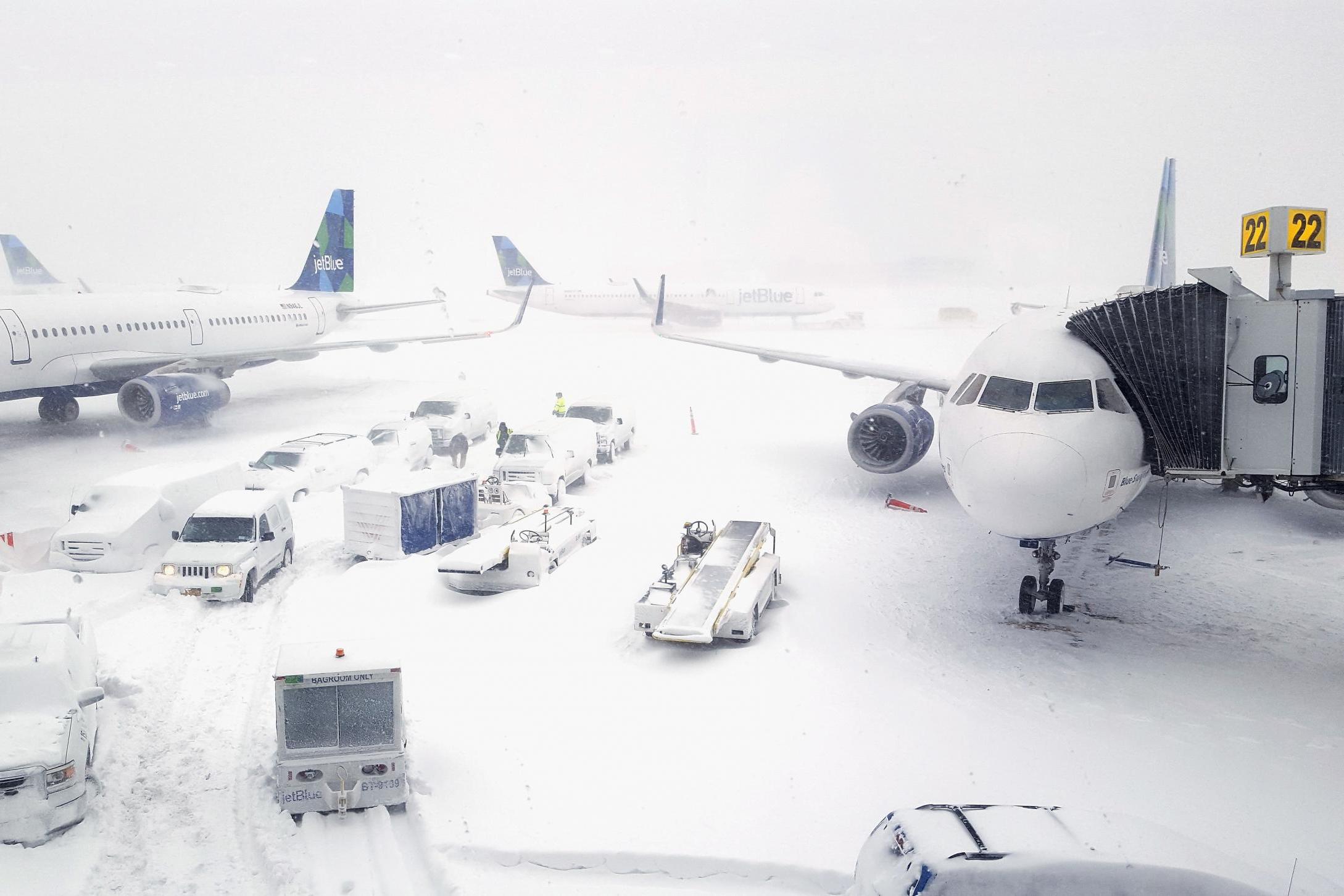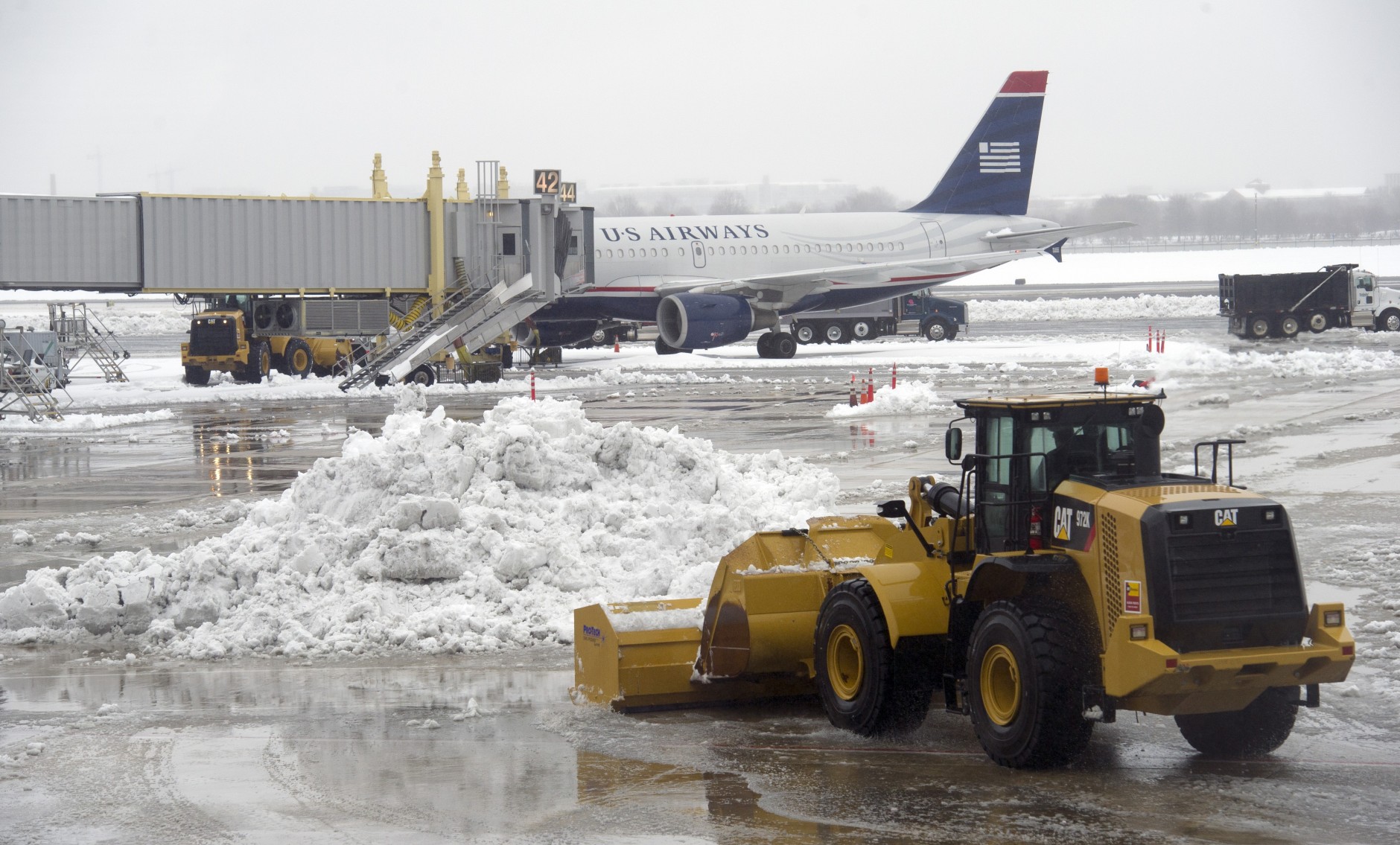Philadelphia Airport’s Historical July Snowfall

July snowfall philadelphia airport – Snowfall in Philadelphia during the month of July is an extremely rare occurrence. In fact, there have only been two instances of measurable snowfall at Philadelphia International Airport (PHL) in July since records began in 1872.
As the rare sight of July snowfall blanketed Philadelphia Airport, a hush fell over the terminal. In the midst of the ethereal stillness, thoughts drifted to matters of wealth and influence. JD Vance’s net worth, estimated at a staggering figure , brought to mind the complexities of politics and the interplay of money and power.
Yet, as the snow continued to fall, casting a surreal glow on the airport, it served as a poignant reminder of the transient nature of both wealth and the human experience.
The first July snowfall event at PHL occurred on July 20, 1942, when 0.1 inches of snow fell. The second event occurred on July 22, 1993, when 0.2 inches of snow fell.
In the annals of meteorological oddities, the July snowfall at Philadelphia Airport stands out as an enigma. While some attribute it to a freak weather pattern, others speculate about Elon Musk ‘s experiments with space travel, theorizing that his rockets may have inadvertently disrupted the Earth’s atmosphere, causing the unseasonal snowfall.
Whatever the explanation, the July snowfall remains a testament to the unpredictable nature of our planet’s climate.
Both of these snowfall events were caused by the passage of strong cold fronts that brought unseasonably cold air to the Philadelphia area. In the case of the 1942 event, the cold front was associated with a powerful nor’easter that also brought heavy rain and flooding to the region.
Meteorological Conditions
The meteorological conditions that led to the July 1993 snowfall event were somewhat different. In this case, a cold front stalled over the Philadelphia area, allowing cold air to pool near the surface. This cold air was then lifted by a warm front that moved in from the west, resulting in snowfall.
Impacts of July Snowfall on Airport Operations: July Snowfall Philadelphia Airport

Snowfall in July is an extremely rare occurrence, but when it does happen, it can have a significant impact on airport operations. Snowfall can cause flight delays, cancellations, and even closures, as well as create hazardous conditions for passengers and staff.
Flight Schedules
Snowfall can disrupt flight schedules in several ways. First, snow can reduce visibility, making it difficult for pilots to see. This can lead to delays or cancellations, as pilots may not be able to safely take off or land. Second, snow can accumulate on runways, making them slippery and dangerous. This can also lead to delays or cancellations, as aircraft may not be able to safely take off or land on icy runways.
Runway Conditions
Snowfall can also affect runway conditions. Snow can accumulate on runways, making them slippery and dangerous. This can lead to delays or cancellations, as aircraft may not be able to safely take off or land on icy runways. In addition, snow can also damage runways, requiring them to be closed for repairs.
Passenger Safety
Snowfall can also create hazardous conditions for passengers and staff. Snow and ice can make it difficult to walk and navigate around the airport, and can also lead to slips and falls. In addition, snow can block entrances and exits, making it difficult for passengers to get to and from their flights.
Case Studies, July snowfall philadelphia airport
There have been several notable incidents of July snowfall at the Philadelphia Airport. In 2012, a July snowstorm caused the airport to be closed for several hours, stranding thousands of passengers. In 2019, a July snowstorm caused dozens of flights to be delayed or canceled, and also led to several runway closures.
Climate Change and Future Implications

The impacts of climate change on snowfall patterns are complex and still being studied. However, some general trends are emerging. As global temperatures rise, the atmosphere can hold more moisture, which can lead to more precipitation overall. This precipitation may fall as snow, rain, or a mix of the two, depending on the temperature and other factors.
In the case of Philadelphia, climate models project that the average annual snowfall will likely decrease in the coming decades. However, the models also suggest that the frequency of extreme snowfall events may increase. This means that while Philadelphia may see less snow overall, the snow that does fall is more likely to be heavy and disruptive.
Mitigation Strategies and Adaptation Measures
There are a number of mitigation strategies and adaptation measures that can be implemented to prepare for future snowfall events. These include:
- Improving snow removal and de-icing operations
- Investing in weather forecasting and early warning systems
- Educating the public about the risks of extreme snowfall events
- Developing and implementing emergency response plans
By taking these steps, Philadelphia can help to reduce the impacts of future snowfall events and ensure the safety of its residents and visitors.